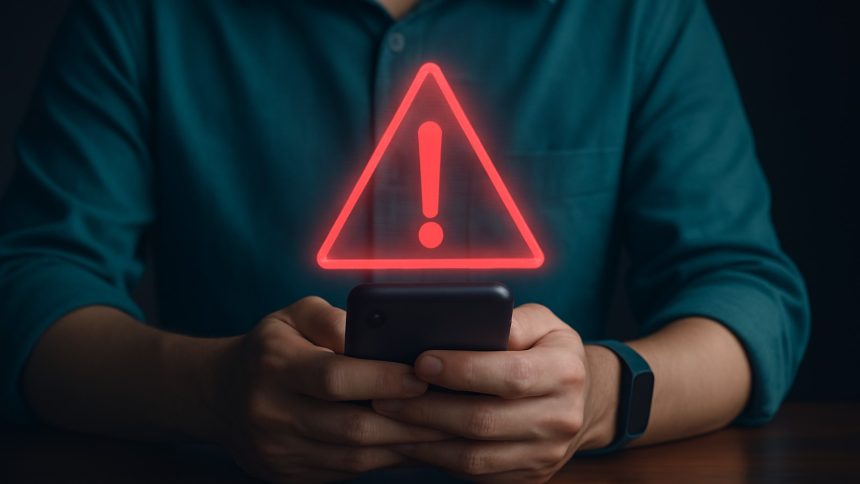Google is introducing new restrictions on Android app distribution, and it could spell the end for some popular third-party apps.
On August 25, the tech giant announced that developers who publish apps on Android devices, whether through the Play Store or by sideloading, will soon need to verify their identities. The move marks a major shift in how Android handles app security.
The new policy doesn’t totally eliminate sideloading, but it does end anonymous publishing. Google won’t scan the content of every sideloaded app. Instead, it will require each developer to have a verified account tied to their real identity. If a malicious app is removed, the same person can’t simply reappear under a new alias the next day.
Google argues the change is necessary to fight fraud and malware. Its own research found that apps downloaded from the open internet are over 50 times more likely to contain malware than those from the Play Store.
The verification system won’t take effect all at once. Google will first open early access in October 2025, followed by a wider rollout to all developers in March 2026. By September 2026, the rules will be mandatory in select regions, including Brazil, Indonesia, Singapore, and Thailand. A broader global expansion is expected starting in 2027.
For developers already using Google Play, nothing changes, as they’ve already gone through Play Console verification. Independent creators distributing apps outside the store will need to register through a new Android Developer Console. Google says the requirements will vary depending on whether the developer is a company, individual, or hobbyist, with lighter checks promised for students and non-commercial use.
Google sparks privacy and control concerns
While Google frames the shift as a safety measure, many Android fans worry it’s about control.
“This isn’t about malware. This is about de-anonymizing the internet,” one user wrote.
“This is yet more censorship and control disguised as for our ‘safety’. It’s our phone, not Google or Apple’s. We should be able [to] make our own informed decisions to put what we like on devices we own,” another chimed in.
The announcement comes just weeks after YouTube, also owned by Google, expanded its controversial AI age-estimation system to the US.
That feature uses viewing history to determine if a user might be under 18, locking certain videos until they provide ID or other personal data. Privacy experts have criticized the system as a potential security risk if data is ever leaked.
Between YouTube’s AI checks and Android’s new developer verification, critics argue Google is steadily tightening its grip on the open internet.













